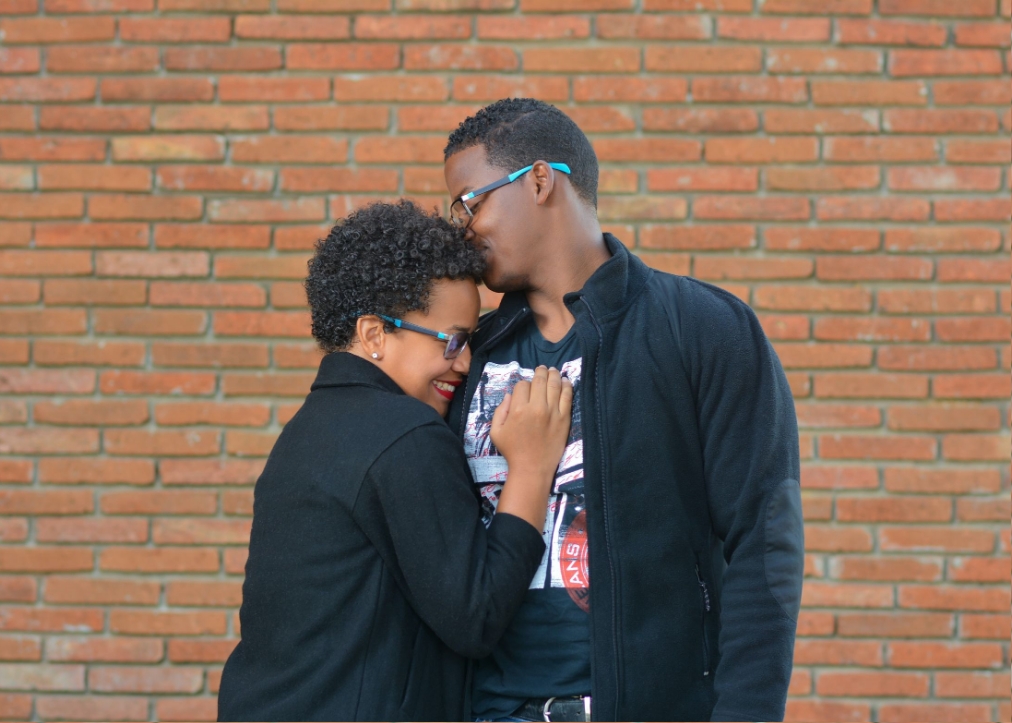 When your relationship is in strife it can feel like the world is falling apart. We can feel even more alone, hopeless and seperate than when we are single. However, when relationships are going well they can be the thing that bolster our lives and help us be our greatest selves.
When your relationship is in strife it can feel like the world is falling apart. We can feel even more alone, hopeless and seperate than when we are single. However, when relationships are going well they can be the thing that bolster our lives and help us be our greatest selves.
The Dynamic:
There is a common dynamic that I see over and over again in relationships. It’s where one partner (Let’s call them “the Frustrated One”) starts lecturing or talking to the other partner (Let’s call them “the Impatient Listener”) in a critical and sometimes patronizing tone.
It happens all of the time. And I understand the frustration that creates this dynamic. Maybe you’ve asked your partner a dozen times to do something, and they don’t do it. Or you just don’t understand why they can’t do something, it seems so basic, such a simple thing to do, something a child would know. So the frustration leaks out. And sometimes it actually works; with voicing your frustration, the person actually responds for a while. The Impatient Listener wants you to not be upset and so they agree to do the things you want them to do. Except that it didn’t actually work because a few weeks later it’s back to the normal behavior again. The Impatient Listener didn’t really want to do those things, or they agreed because they felt like a child in trouble and they wanted the angry parental tone to stop.
This argumentative pattern is really destructive in relationships. And you don’t have to keep repeating it.
How do you stop? Well, if you find yourself more in the Frustrated role, try speaking to your frustration rather than to what you are trying to change in your partner.
 1) Name What is Happening:
1) Name What is Happening:
Begin with a statement like “I notice myself getting really frustrated about the chores and I’m not sure how to change things.” Or “I notice we keep fighting about this same issue and I would really like to not fight about it.”
When you name what is happening, you step outside of the intensity of the moment. You engage your cerebral cortex and move out of the fight/flight/freeze mode.
2) Curiosity Can Save You:
Then ask some questions, get curious about what is happening with your partner. Questions like “what kinds of systems do you think we could put in place to support this issue?” “What are you experiencing around this?”, “what is your history of dealing with this kind of issue?”
Getting curious about your partner’s experience rather than assuming you think you know what’s happening can be a huge way of disengaging an unhealthy pattern.
Let’s say that you are more commonly in the role of the Impatient Listener.
1) Name What is Happening:
Again, try naming the dynamic that you see playing out. Try saying “I would really like to hear what you have to say but I’m having a hard time getting past the tone you are speaking in” or “I see that you are really frustrated, and I would like for this to not create friction between us.”
 2) Then get curious:
2) Then get curious:
“What’s going on underneath your hurt about this particular issue? What is hard for you about it?” Again, curiosity is one of the most empowering tools for a couple. Curiosity also creates a little bit of a gap between what’s happening and your experience. It helps you witness the situation from a slightly wider perspective.
Naming a dynamic and getting curious about it can totally shift how you experience a situation in relationship. Rather than being the actors in a play, you become part of the audience that gets to witness and respond to what is happening.
Want to learn more? Contact Sefora to sign up for an introductory coaching session.







